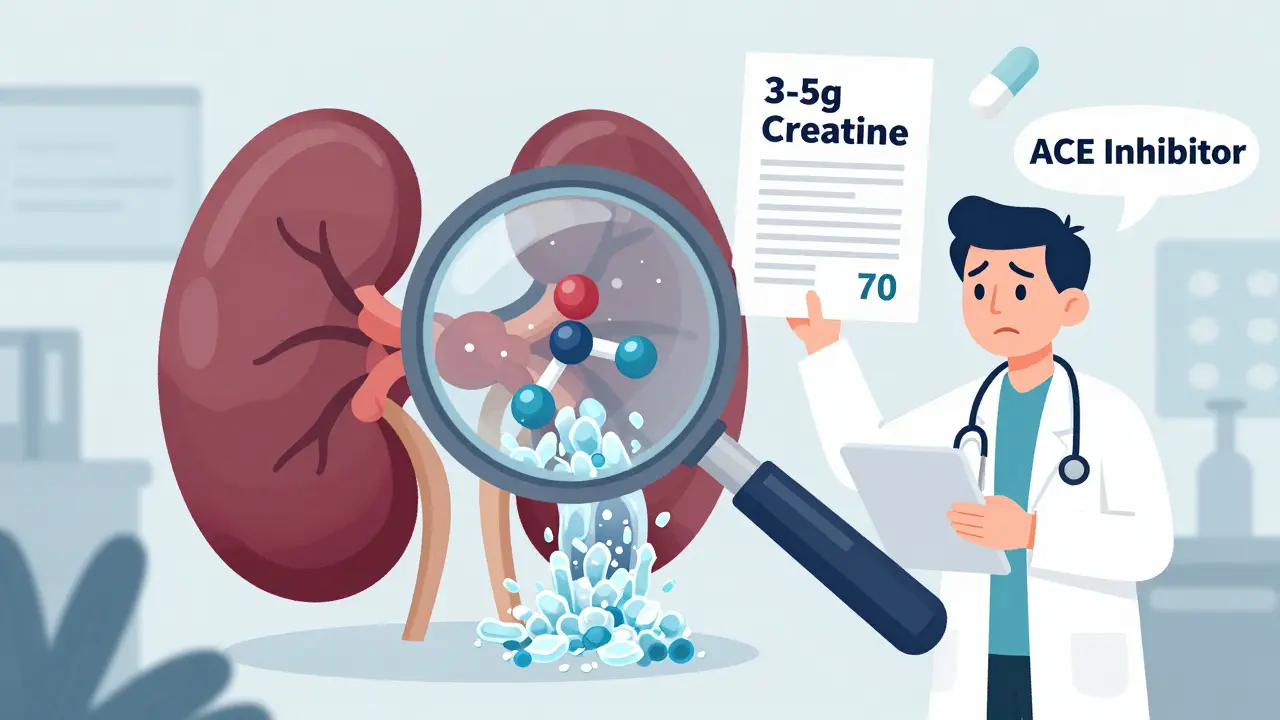Supplements: Your Quick-Start Guide to Better Health and Performance
Ever wonder why so many people talk about vitamins, protein powders, or herbal extracts? The short answer is that supplements can fill gaps in your diet, help you recover faster, and give you a little extra edge in the gym or everyday life. The key is to know what each product does, how it fits into your routine, and when it’s worth the scoop.
What Are Supplements and Why Use Them?
Supplements are any product you take—pill, powder, or liquid—to add nutrients or bioactive compounds you might miss in regular meals. They range from basic vitamin D tablets to performance boosters like beta‑alanine. If you eat a balanced diet most days, you might not need a long list of pills, but specific goals often call for a targeted boost. For example, athletes look for faster recovery, while busy professionals may need more vitamin C to support immunity.
Choosing a supplement isn’t about jumping on every trend. First, ask yourself what you want to improve: energy, muscle endurance, skin health, or immune support? Then check if reliable research backs the claim. A well‑researched supplement will have clear dosage guidelines and a list of ingredients you can recognize.
Popular Picks and How to Use Them
Two products that many readers ask about are beta‑alanine and sea buckthorn. Beta‑alanine is a non‑essential amino acid that helps buffer acid in muscles, which can delay fatigue during high‑intensity workouts. If you’ve felt that “burn” hit too early in a set, a daily dose of 2–3 grams can smooth things out. Start with a smaller amount to avoid the harmless tingling feeling, then split the rest across the day to keep levels steady.
Sea buckthorn, on the other hand, is a bright orange berry packed with vitamins A, C, E, and a slew of antioxidants. Celebrities love it for its skin‑brightening hype, but it also supports digestion and immunity. You can take it as a softgel, liquid, or even add the freeze‑dried powder to a smoothie. A typical dose is about 500 mg of oil or a teaspoon of powder daily. Because it’s rich in fat‑soluble vitamins, pair it with a healthy fat—like a handful of nuts—to improve absorption.
Beyond these, common choices include whey protein for muscle repair, magnesium for better sleep, and omega‑3 fish oil for heart health. The best approach is to start with one new supplement, watch how your body reacts for a couple of weeks, then add another if needed. Overloading can make it hard to tell what’s actually helping.
Before you buy, skim the label for added sugars, artificial flavors, or proprietary blends that hide exact amounts. Look for third‑party testing symbols—like NSF or USP—to know the product matches what’s on the bottle. And don’t forget to talk with a healthcare professional if you have medical conditions or take prescription meds.
In short, supplements can be a smart shortcut when you use them wisely. Focus on your personal goals, pick evidence‑backed options, and keep an eye on quality. With the right choices, you’ll notice more energy, smoother workouts, and perhaps even clearer skin—all without overcomplicating your routine.




